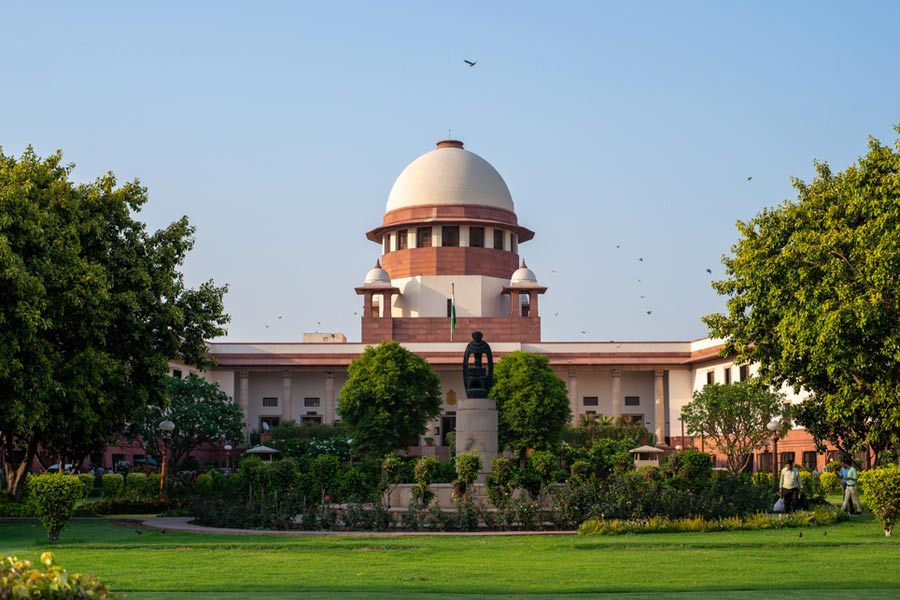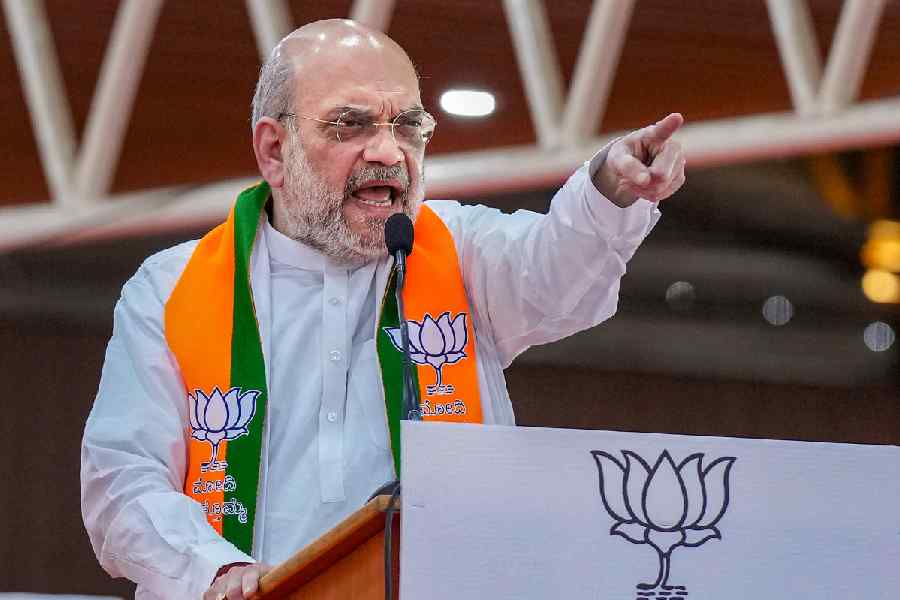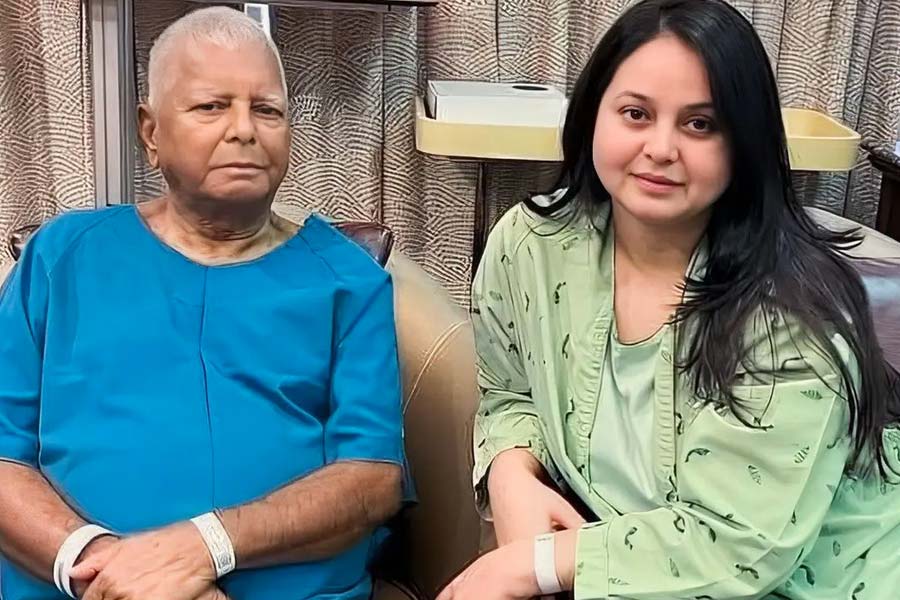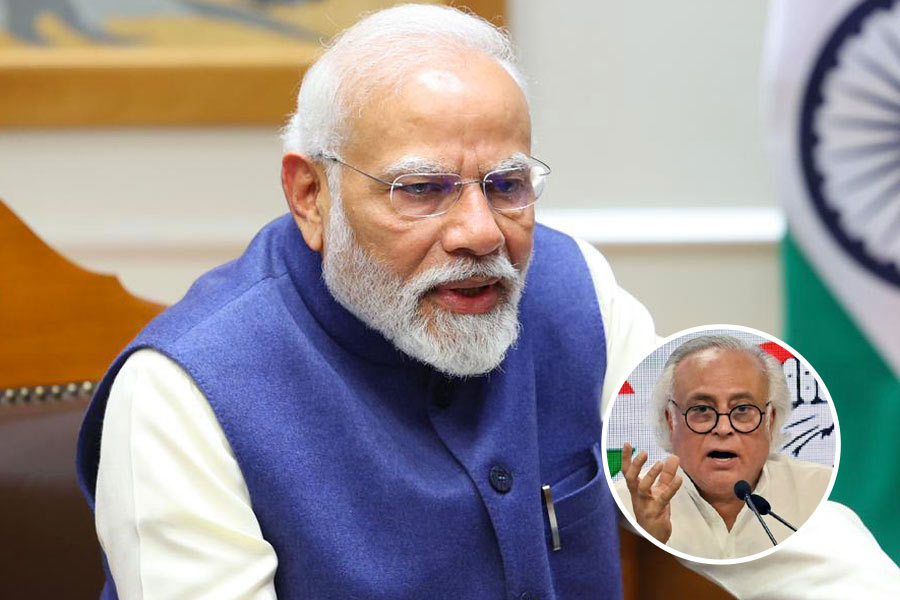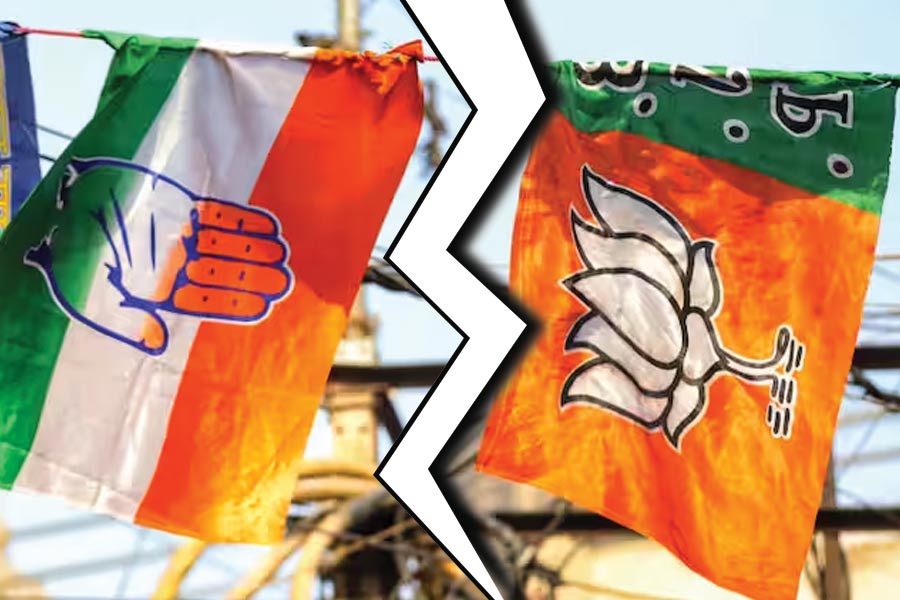Immunity should be a hard-won privilege. The two articles in the Constitution that confer immunity on Indian legislators assume the presence of elected representatives worthy of the people’s trust, hence free them from prosecution in the courts for the discharge of their duty. That includes the free expression of opinion, voting or giving a speech within the House according to their judgment. The relevant articles do not make speaking or voting according to bribes immune. But cash-for-votes was made acceptable by a Supreme Court majority ruling of three-two by a five-judge bench in 1998. That ruling said that as long as a legislator voted or spoke in Parliament or any state assembly according to the agreement with the giver of the bribe, he or she would be granted immunity. If only the legislator violated the agreement would it be considered illegal. That is, the legislator was not immune if he or she disappointed the bribe-giver. In its latest judgment on the question, however, the Supreme Court demolished that form of immunity. A seven-judge bench including the Chief Justice of India overruled the 1998 judgment, stating that it created a paradox and mentioned its wide ramifications on public interest, probity in public life and the functioning of parliamentary democracy.
Even a layperson could see that the 1998 judgment allowed money — and the moneyed — to influence politics through Parliament and the assemblies. It encouraged corruption and money-power in the Houses of democracy by letting legislators who first accepted bribes and then spoke or voted according to the bribe-giver’s direction to get away with it. This sabotaged the principles of uprightness, independence and dignity that underlay the Constitution’s notion of immunity for legislators and made nonsense of the expectations of a representational democracy. The latest Supreme Court ruling, therefore, comes as relief, eliminating one form of corruption in legislative business. This ruling seems also to have dismantled the immunity of legislators from prosecution in the courts laid out in the constitutional articles, as accepting bribes is an offence under the law of the land. Such prosecution would be independent of any steps the House concerned would take against an offending legislator. By cleansing the idea of immunity of a dubious accretion, the latest Supreme Court judgment has taken that privilege closer to a meaningful ideal.

